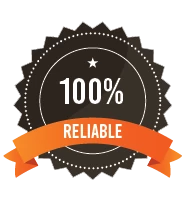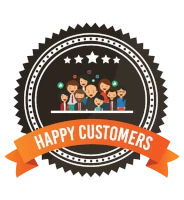The Psychology of Drinking: Understanding Influences and Behaviors

Explore the intricate psychology behind drinking behaviors, from social norms and peer pressure to emotional connections with beverages, shedding light on the complex motivations influencing consumption habits.
Drinking is more than just consuming a beverage; it's a complex interplay of psychological factors that shape our behaviors, preferences, and social interactions. From social norms to emotional connections, understanding the psychology behind drinking can provide valuable insights into why and how we engage with alcoholic beverages.
It is advisable to have alcohol/liquor drinking license in Maharashtra. You can apply online for alcohol/liquor drinking liquor license here : Click Here to Apply Now
Social Norms and Cultural Influence
One of the primary psychological factors influencing drinking behaviors is social norms. These unwritten rules dictate acceptable behavior within a social group, including how much and what types of alcohol are consumed. In cultures where drinking is a common social activity, adherence to these norms can lead individuals to drink more frequently or in larger quantities than they might otherwise.
Cultural influences also play a significant role. For example, in some societies, certain alcoholic beverages are deeply rooted in tradition and rituals, contributing to their perceived value and symbolic importance in social gatherings and celebrations.
Peer Pressure and Social Facilitation
Peer pressure is another powerful psychological factor that can influence drinking behaviors, particularly among younger individuals or in social settings. The desire to fit in or conform to group norms may lead people to drink more than they originally intended, influenced by the behaviors and attitudes of their peers.
Social facilitation, where individuals are more likely to consume alcohol in the presence of others, can further amplify drinking behaviors. This phenomenon underscores the role of social context in shaping drinking habits and preferences.
Emotional Connection to Beverages
Beyond social influences, the emotional connection to specific beverages also plays a crucial role in drinking behaviors. Individuals may develop preferences for certain drinks based on positive associations with past experiences, such as celebrations, relaxation, or cultural traditions. These emotional ties can influence choices and consumption patterns, reinforcing the psychological reward derived from drinking.
Coping Mechanisms and Stress Relief
For some individuals, alcohol serves as a coping mechanism for managing stress, anxiety, or emotional distress. This form of self-medication can lead to patterns of problematic drinking behaviors as individuals seek temporary relief from negative emotions. Understanding these underlying motivations can be essential for addressing unhealthy drinking habits and promoting healthier coping strategies.
Marketing and Psychological Appeals
The marketing of alcoholic beverages also leverages psychological tactics to appeal to consumers. From branding and packaging to advertising strategies that evoke emotions and aspirations, marketing campaigns can shape perceptions and preferences, influencing consumer choices and consumption behaviors.
Conclusion
In conclusion, the psychology of drinking encompasses a broad spectrum of factors that influence why, when, and how individuals engage with alcoholic beverages. From social norms and peer pressure to emotional connections and coping mechanisms, these psychological insights offer a deeper understanding of drinking behaviors and highlight the importance of promoting responsible drinking habits.
By recognizing the complex interplay of psychological factors at play, individuals and communities can work towards fostering healthier attitudes towards alcohol consumption and supporting informed decision-making. Ultimately, understanding the psychology of drinking can empower individuals to make conscious choices that align with their values and well-being.
How to get drinking liquor license : Click Here to Apply Now












